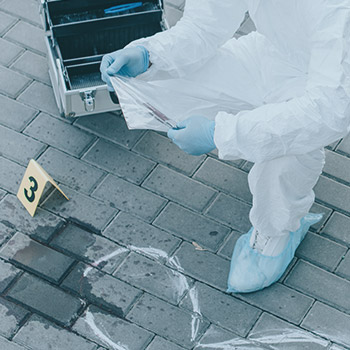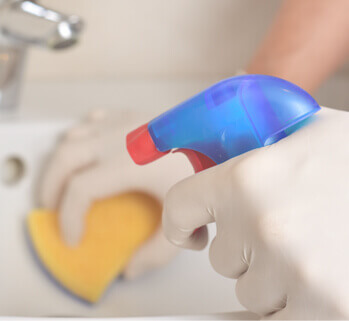If you the first person on the scene of a violent crime, there are some specific steps that you must take. These steps are vital in order to protect your own safety and that of other individuals.
The first step to take when you find a dead body is to contact law enforcement and emergency medical personnel. This most often is done by calling 911 immediately upon the discovery of a dead body.
When you discover a dead body, you also must take specific steps to protect yourself. If the circumstances make it clear that there is no possibility of reviving the individual found at the scene, you need to remove yourself from the room at once. In addition, you also need to leave the scene, and not touch or disturb anything, in order not to disrupt anything that might be important to the law enforcement professionals called upon to investigate the case.
There are two primary situations in which there is going to be no lack of clarity about the status of the body you discovered. First, if the individual died a violent death of some sort, there will be blood, bodily fluids, and other biological material that very well may be evident at the scene. Second, is the person died more than a couple of days ago, as a result of decomposition, the state of the body will make it clear that resuscitation is impossible.
You must remove yourself from the location of the dead body to protect yourself from dangerous pathogens that may be present at the scene. Harmful pathogens can be found in blood, bodily fluids, other biological material, and items that have been contaminated by these substances. In addition, there are dangerous pathogens that might exist at a crime scene at which a dead body is discovered that is airborne.
In addition to removing yourself from the crime scene and the location of the body while awaiting law enforcement and emergency medical personnel to arrive, you also need to keep others from entering into the crime. This is necessary to protect their physical safety and wellbeing. It also must be done to preserve the crime scene for investigators.





